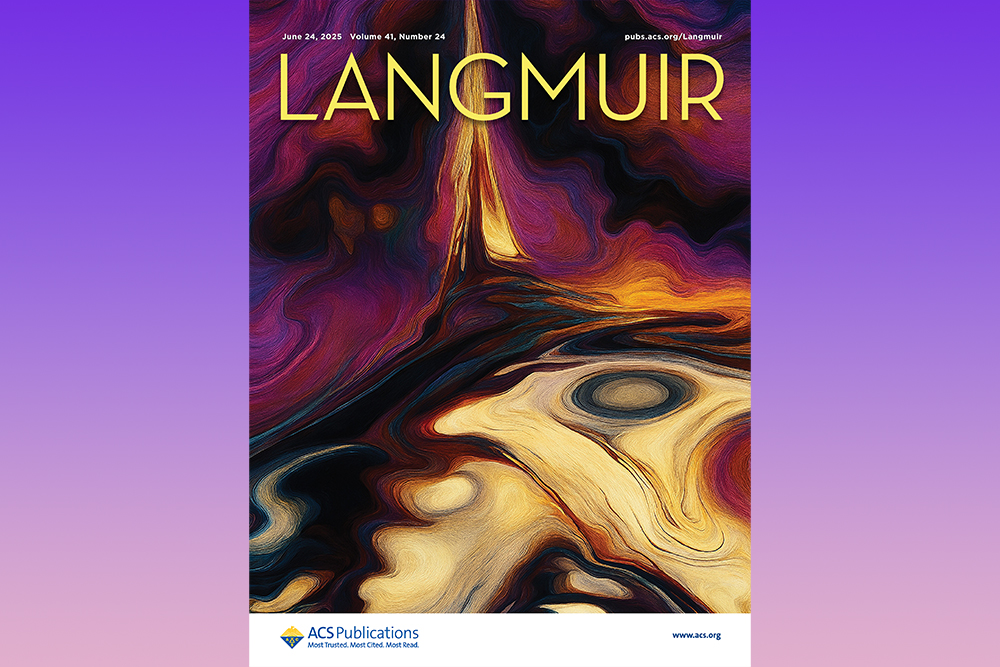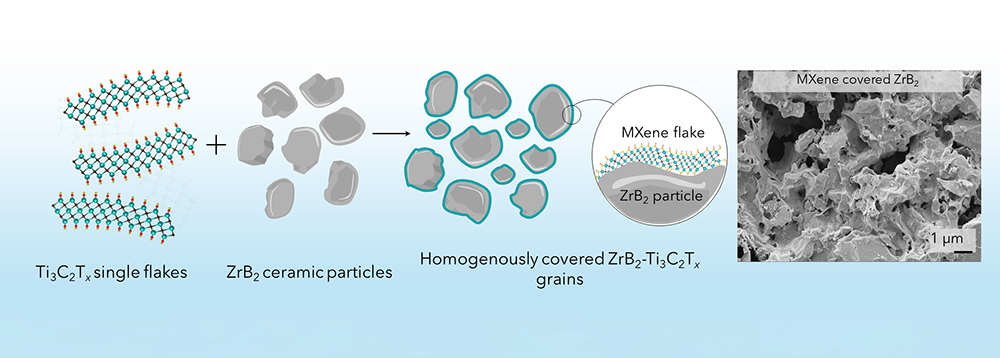A researcher at the University of Idaho has penned an agreement with a leading nuclear power company to launch a new type of recycling plant that can harvest uranium and other materials from the ashes of radioactive garbage to be recycled back into nuclear fuel using an efficient, environmentally friendly technology, according to university officials. Based on investigations by chemistry professor Chien Wai, the university and AREVA signed an agreement Aug. 20 to begin construction on the new plant. Wai was inspired by the use of supercritical CO2 to remove caffeine from coffee beans. “That’s why decaffeinated coffee tastes so good,” said Wai, while chuckling at the beauty and simplicity of the process. “There is no solvent used, and so no solvent left behind.” In this case, Wai passes supercritical CO2 to pass through the garbage to dissolve the uranium. It is then captured, and the CO2 is allowed to dissipate, leaving only the targeted metal as the leftover During normal operations, nuclear utilities commonly generate and collect contaminated filters, rags, paper wipes, and gloves. The waste is burned to reduce its volume leaving behind somewhat enriched ashes. Heretofore, the ashes were then stored AREVA apparently has about 32 tons of contaminated ash on hand. Previous studies have shown that about 10 percent (by weight) of the ash is reusable uranium, which may be worth more than $5 million “This process has been extremely collaborative—it’s one of those that you just love,” said Gene Merrell, the university’s chief technology transfer officer and assistant vice president for research. “It’s going to be a great deal that will benefit the University of Idaho, AREVA and the entire world.”
CTT Categories
- Energy
- Material Innovations


